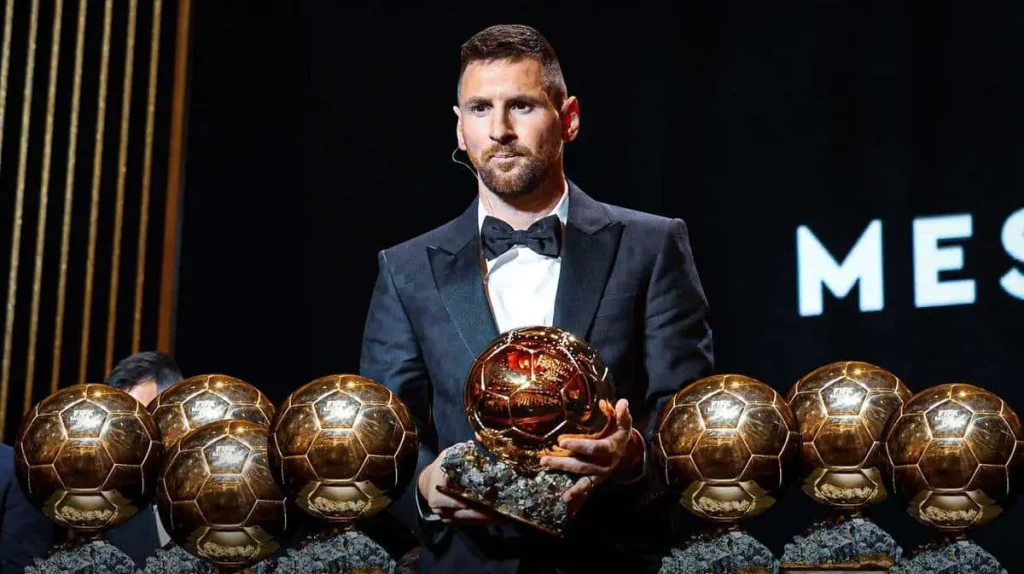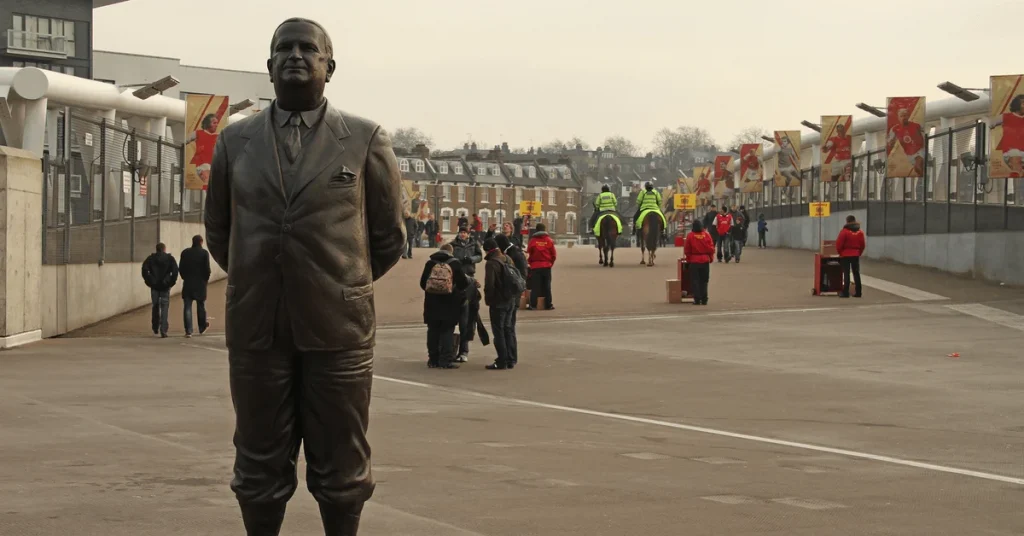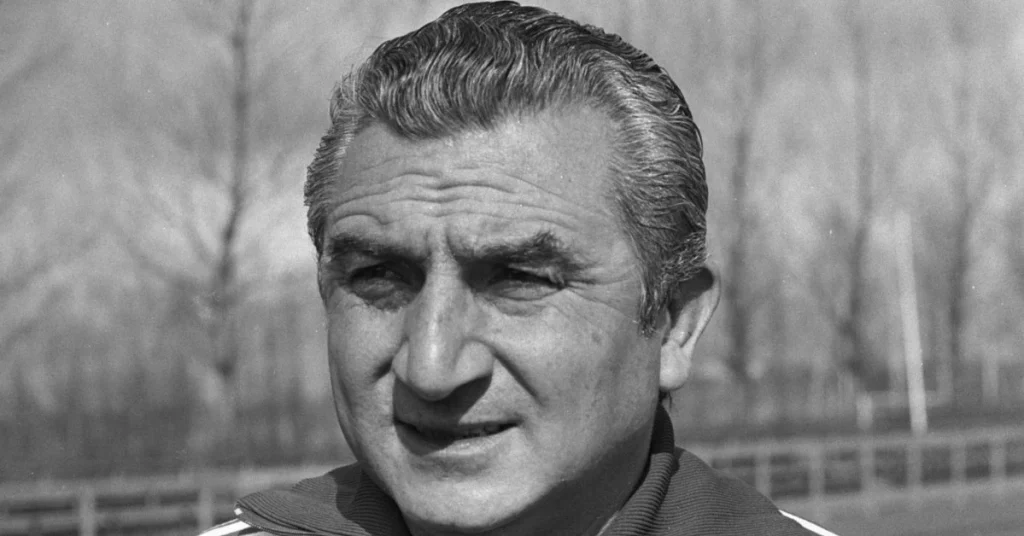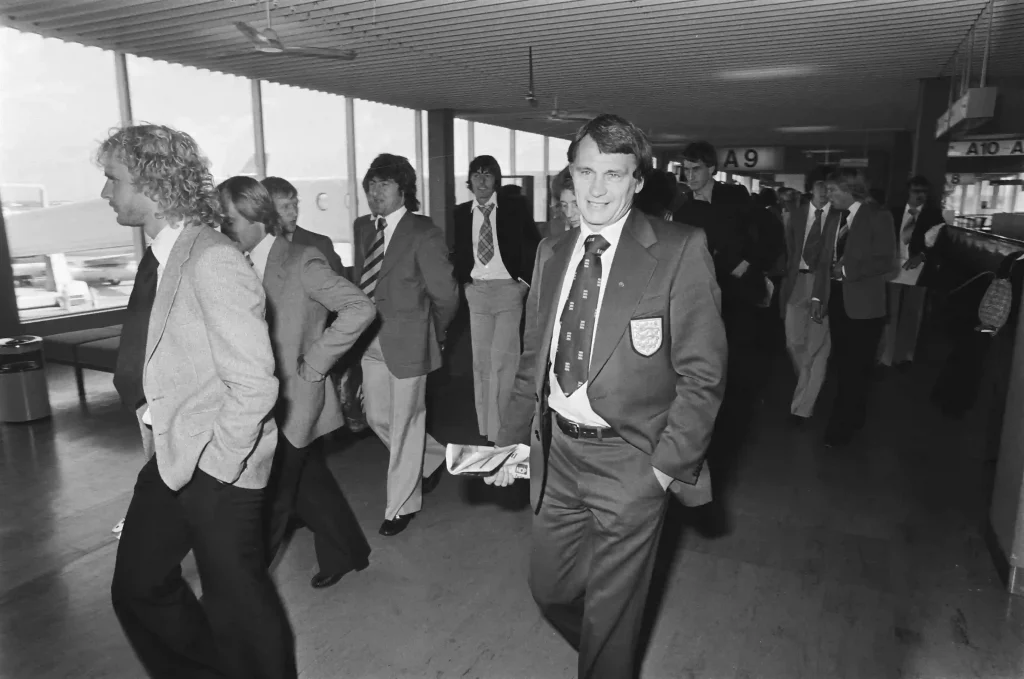As the lights went down in the Théâtre du Châtelet, a figure which we have seen so many times over the years stood trophy in hand, awkwardly contemplating the scenery.
For a man who captured everyone’s attention when he was on the pitch, he has always been refreshingly unassuming off of the pitch.
Three sons by his side, Leo Messi received a standing ovation after being awarded his eighth Ballon d’Or.
It was in many ways, the last gift which football could bestow him. A cherry on top of a dense, yet exquisite and immaculate cake.
A Bittersweet Ceremony For Football Fans
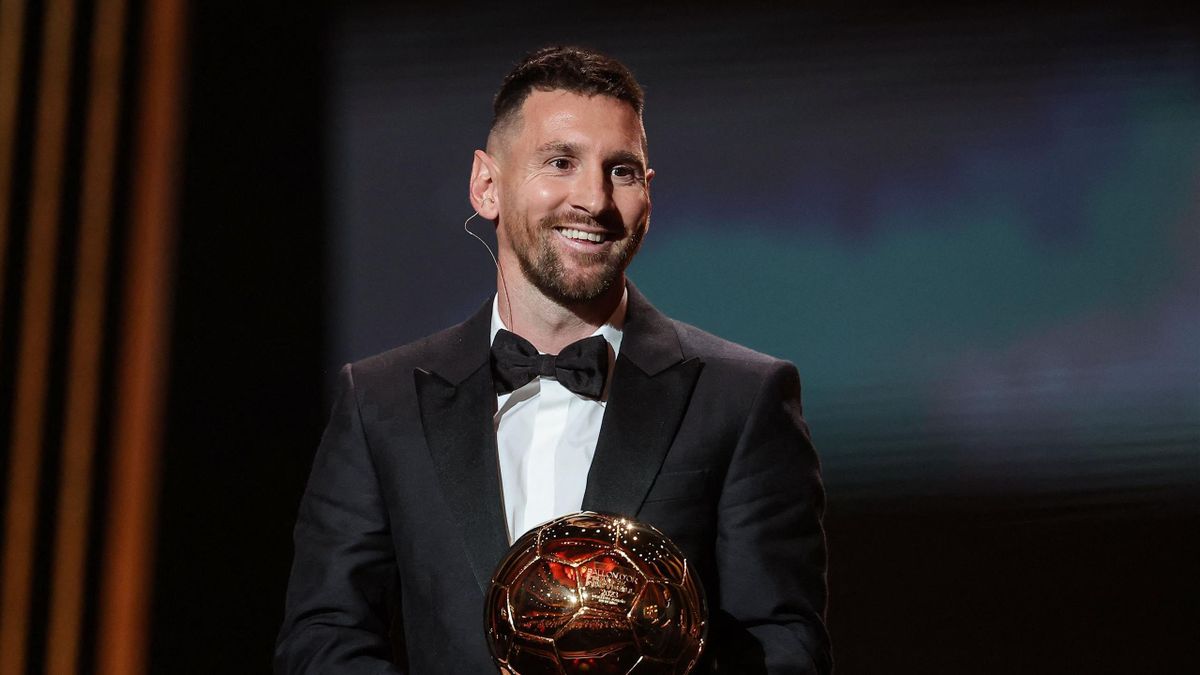
Since 2008, Lionel Messi and Cristiano Ronaldo have won 13 of the 15 Ballon d’Ors available to them, with statistics and a level of consistency which has never before been seen and will probably never be seen again.
The era which they dominated will be remembered not just for their rivalry, but for the standards which they set and the bar which they both raised so impossibly high. In their weakest seasons, they were excellent and in their best, they were untouchable.
Messi’s achievement in front of a bitter but misty-eyed Parisian audience represents the after-credit scene of a player who hasn’t just left an indelible mark on football but has taken a permanent marker and scrawled the name ’Lionel Andres Messi’ across the very fabric of the sport itself.
Messi’s story and his rise to the pinnacle of football have been observed so closely and by so many that ever since he first came to Spain aged 13, it seems that he has been living in a bizarre kind of Truman Show.
Football’s true protagonist over the last 20 years, an observation vindicated by the incredible worldwide support for Argentina as they attempted to bring home glory in what is certain to be Messi’s final World Cup.
Even fans of opposing teams were torn between supporting their home nation, or willing Messi’s fairytale story to a truly happy ending. An ending to a glittering career so rare in modern sports that it almost felt like something had to go wrong, as it always had before.
I myself was torn by the prospect of seeing England play Argentina. I felt awful, but had England drawn and knocked Argentina out, a big part of me would have been devastated. England will go on to exist in the football world, but this was Messi’s last chance.
It was football treason to consider going against your country, but Messi was not eternal. He was human. That’s part of what makes his career so impossible.
Somehow, he’s a fellow human from Earth, just like you or me.
Looking back at those early clips of a shy and pasty teenager leaning against the wall of La Masia, little has changed.
You can still see the same socially awkward boy as he bumbles his way through a speech riddled with clichés but underscored by a genuineness and honesty which has long been a hallmark of his character.
It was a copy-paste of so many previous speeches; family, Barcelona, Argentina, teamwork, and the importance of collective awards above all else.
Coming from almost any other player, such sentiments might seem disingenuous or tired, but in spite of Leo’s lack of charisma, there has always been a sense of believability to his words and a warmness to his tone.
A lack of charisma that seems to draw you to his character even more. To be that good and so humble and it not be a facade makes his lack of a public image all the more magnetising.
It is his simple nature that journalists, pundits and fans alike have always found so endearing, his calmness in interviews and his humble outlook on both football and himself.
Why Did It Take So Long For Things To Click With Argentina And Messi?
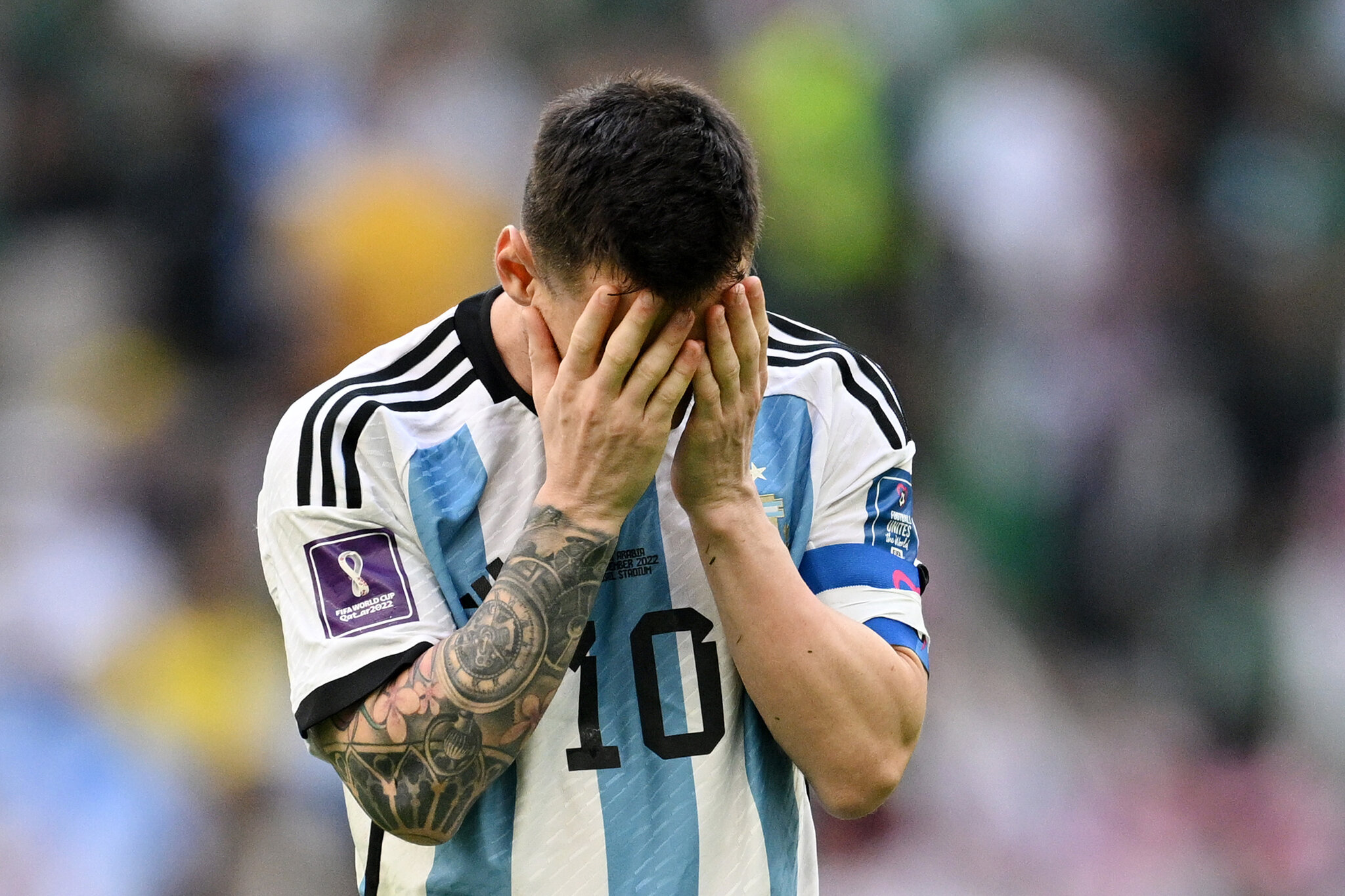
The Dutch had ‘total football’, Brazil have ‘Joga Bonito’, and England have ‘S***housery’. Teams mostly built on industrious physical football, from grassroots to the top division.
Argentinian football is no different.
So much of Argentina and Argentine football is founded on bravado, on being the loudest and getting in people’s faces. Its most similar football counterpart ironically the English.
Unlike the balletic purity of Brazilian football, Argentina values ‘garra’ above all else. Garra is the fight, the bleeding, the running yourself into the ground for the team and the doing absolutely anything to get a 1-0 win. It’s a philosophy which is sometimes ugly, but often admirable.
It sounds familiar no? The classic rainy night away at Stoke quandary. The gritty playstyle, winning by any means necessary. Tony Pulis and Neil Warnock would have been better suited to Argentinian football.
For this reason, from an early age, Messi was often dismissed by large sections of Argentine society.
His lack of playing time at club level in Argentina was perceived by many to have deprived him of an education in this garra mentality; the do or die, the Maradona way.
Viewed from afar, Messi’s exploits at Barcelona were often seen as being too pure, too robotic and devoid of the suffering and hardship required to give it meaning.
With this vision so firmly implanted in the minds of many, his failures on the international stage were taken as evidence that he cared little for the national team.
Until recently his biggest critics were his compatriots.
For those in Europe though, especially those in Spain, watching Messi, during his prime at Barcelona, was a spectacle so special it almost seemed gluttonous, to do it every week, a blaspheme on a football god that walks among us.
As the great Gary Lineker has said on many occasions “He does one or two things in most games that I never would have even contemplated attempting once in my whole career”.
Messi’s Argentinian Legacy: Snatching Success At The Precipice
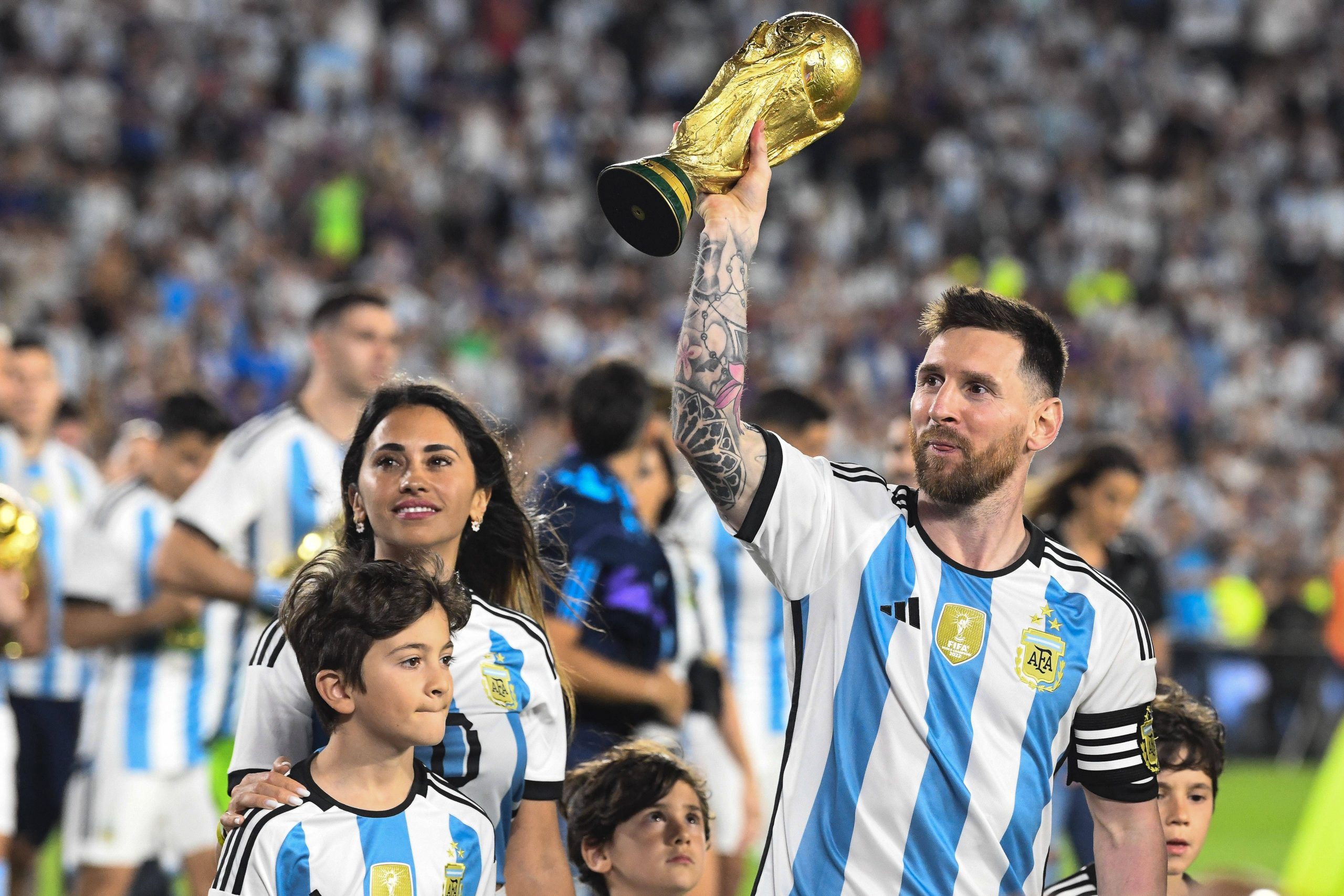
That period was defined by Pep’s Barcelona, then by Zidane’s Real Madrid. Two of the greatest club sides to ever feature on a pitch and it was a rare weekend when either Messi or Ronaldo didn’t do something worth applauding.
Those two men made La Liga the most exciting league in the world and while Messi dropped back as the years went on, and became Barcelona’s creative lynchpin, Cristiano Ronaldo moved into increasingly more central areas, cementing his own legacy as almost certainly the greatest striker of the modern era.
After Cristiano’s success in Euro 2016 following Leo’s heartbreak at the hands of a rugged but talented Chilean side at the Copa America in 2015, pressure began growing from the footballing community, questioning Leo’s legacy with the absence of international silverware.
By 2016, having fallen once more to an almost identical Chilean team, it seemed Messi had given up on himself and Argentina had lost all faith.
The 2018 World Cup passed by almost silently, as Argentina shuffled off at the Round of 16 and it seemed that international success would elude Leo, as it had eluded so many greats of the game before him.
As the Barcelona core grew steadily weaker, and the club fell into disarray, Messi was a bright spark in a mostly dark tunnel and his performances never wavered even as his time at the club drew to a close.
Despite David Beckham’s excitement at having secured Messi for Miami, in the years to come, Messi’s post-Barcelona career will be seen as a successful footnote. In that childlike and deeply moving farewell address in 2021, there was a real sense that Messi was closing the best chapter and moving towards the end.
It was a sad and difficult moment for the fans who thought he would finish his career at the Camp Nou, but ultimately, the last part of his career has been dedicated to his country and finally fulfilling his destiny.
From the shoulders of Ronaldinho to the podium at the Lusail Stadium, Leo Messi has reimagined and reshaped what it means to be the best. He has satisfied the statisticians and the romantics alike and all the while accentuated the talents of his teammates and led by example.
Messi at the Qatar World Cup was a different Messi, he’d embraced the spirit of Garra, even showing a newfound fiery temperament as he lampooned Van Gaal after scoring with a celebration in homage to his hero Riquelme, a man who had been treated poorly un Van Gaal at Barcelona.
Even the feat of winning the World Cup at his last chance is so reminiscent of that Argentinian ideology he’d lacked in prior tournaments.
The World Cup was his last dance, a mixtape of his classic hits, just the really good stuff, but played a little slower than before, and now, as he enjoys the quasi-retirement of the MLS, he picks up one last prize to put on his enormous mantelpiece.
Messi’s triumph last December was Argentina’s victory but it was a win for almost everyone else as well, and in awarding him what will be his last Ballon D’Or, perhaps the journalistic establishment is saying goodbye, in the only way it can, to the man who gave them a thousand headlines and who gave the world a generation of memories.
But most importantly, in calling upon the values of his people, a newfound fire, aggression and bravado, he’d finally answered football’s greatest question: Could Messi do it on a cold rainy night at Stoke?
Ballon d’Or Top 20
| Rank | Player | Nationality | Position | Club |
|---|---|---|---|---|
| 1 | Lionel Messi | Argentina | Forward | United States Inter Miami |
| 2 | Erling Haaland | Norway | Forward | England Manchester City |
| 3 | Kylian Mbappé | France | Forward | France Paris Saint-Germain |
| 4 | Kevin De Bruyne | Belgium | Midfielder | England Manchester City |
| 5 | Rodri | Spain | Midfielder | England Manchester City |
| 6 | Vinícius Júnior | Brazil | Forward | Spain Real Madrid |
| 7 | Julián Álvarez | Argentina | Forward | England Manchester City |
| 8 | Victor Osimhen | Nigeria | Forward | Italy Napoli |
| 9 | Bernardo Silva | Portugal | Midfielder | England Manchester City |
| 10 | Luka Modrić | Croatia | Midfielder | Spain Real Madrid |
| 11 | Mohamed Salah | Egypt | Forward | England Liverpool |
| 12 | Robert Lewandowski | Poland | Forward | Spain Barcelona |
| 13 | Yassine Bounou | Morocco | Goalkeeper | Spain Sevilla |
| 14 | İlkay Gündoğan | Germany | Midfielder | England Manchester City |
| 15 | Emiliano Martínez | Argentina | Goalkeeper | England Aston Villa |
| 16 | Karim Benzema | France | Forward | Saudi Arabia Al-Ittihad |
| 17 | Khvicha Kvaratskhelia | Georgia | Forward | Italy Napoli |
| 18 | Jude Bellingham | England | Midfielder | Germany Borussia Dortmund |
| 19 | Harry Kane | England | Forward | England Tottenham Hotspur |
| 20 | Lautaro Martínez | Argentina | Forward | Italy Inter Milan |
